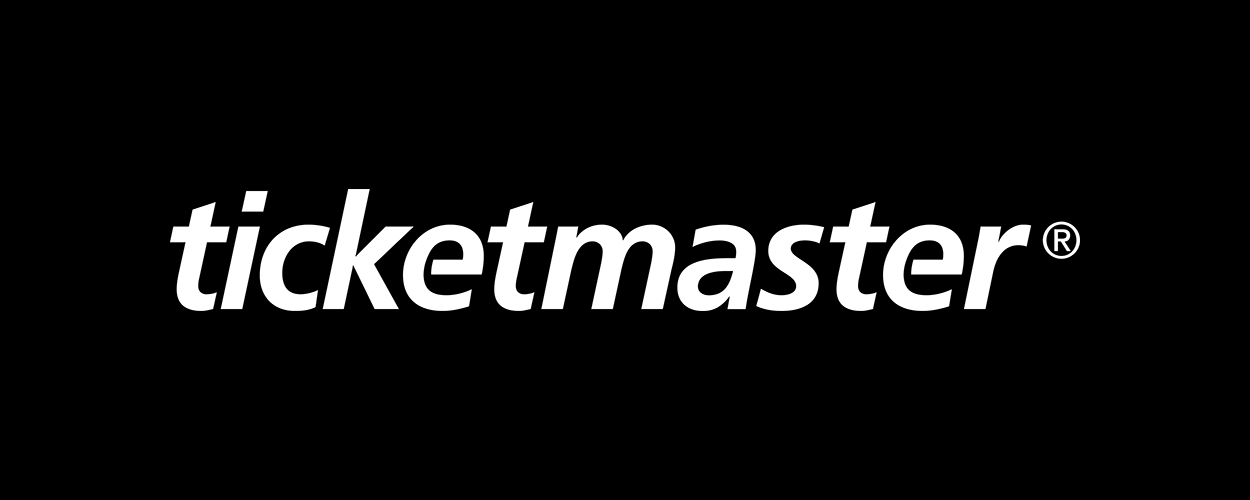This website uses cookies so that we can provide you with the best user experience possible. Cookie information is stored in your browser and performs functions such as recognising you when you return to our website and helping our team to understand which sections of the website you find most interesting and useful.
Business News Legal Live Business
Ticketmaster’s arbitration term likely stands, despite time limited transactions forcing speed reading of legal speak
By Chris Cooke | Published on Wednesday 13 March 2019

A Californian court this week considered whether Live Nation’s Ticketmaster can enforce its terms and conditions, despite a time limit to complete transactions on the ticketing firm’s website. Customers are frequently presented with lengthy legal speak at the end of the ticket buying process. When this happens, there is often a deadline for said customer to complete the transaction after which any allocated tickets are put back up for sale.
The ticketing company is facing various bits of litigation in the US over its secondary ticketing business and allegations that – by working with touts who resell tickets originally sold on Ticketmaster’s primary site – it is violating competition or consumer protection laws.
One such case is being led by a ticket-buyer called Allen Lee whose lawsuit last year alleged that “[Ticketmaster] accepts kickbacks for secretly facilitating a shortage of its product and then a sale by a third party at a higher price. Ticketmaster does this in order to receive a second cut on tickets that is even more than the original cut Ticketmaster receives”.
In that legal battle, Ticketmaster responded by arguing that – under the terms and conditions Lee accepted when buying his ticket – future disputes must be taken to arbitration rather than court. Which means that any aggrieved customer’s first port of call should be the ticketing firm’s chosen independent arbitrator rather than a court of law.
The same argument has now been presented in another lawsuit being pursued by a ticket-buyer called Austin Dickey, who also reckons Ticketmaster’s touting business might violate the law. It’s in that legal battle that the lawyers came up with the argument that – given the time limit imposed by Ticketmaster at point of purchase – customers can’t be expected to read lengthy terms and conditions, including any about enforced arbitration.
For its part, Ticketmaster countered that ticket-buyers also agree to its terms and conditions when they first set up an account on the ticketing website. No time limit is enforced at that moment, giving customers all the time in the world to read every term and every condition from the very beginning to the very end. Just like we all do.
But what, shouted Dickey’s team, if Ticketmaster has changed its terms between a customer setting up their account and buying any tickets? When terms change, Ticketmaster doesn’t communicate in a simple way what changes have been made, meaning the ticket-buyer would have to re-read all the legal chatter at point of purchase, with the enforced deadline.
Not so, boomed Ticketmaster’s attorneys. First, Dickey only set up his Ticketmaster account the day before buying the tickets at the heart of this case, so nothing had changed. But anyway, there are plenty of places on the Ticketmaster platform where customers are directed towards terms and conditions before any time limit is imposed.
With all that in mind, according to Law 360, the judge overseeing the Dickey case “tentatively granted Ticketmaster’s request to arbitrate” the dispute. Good times.





